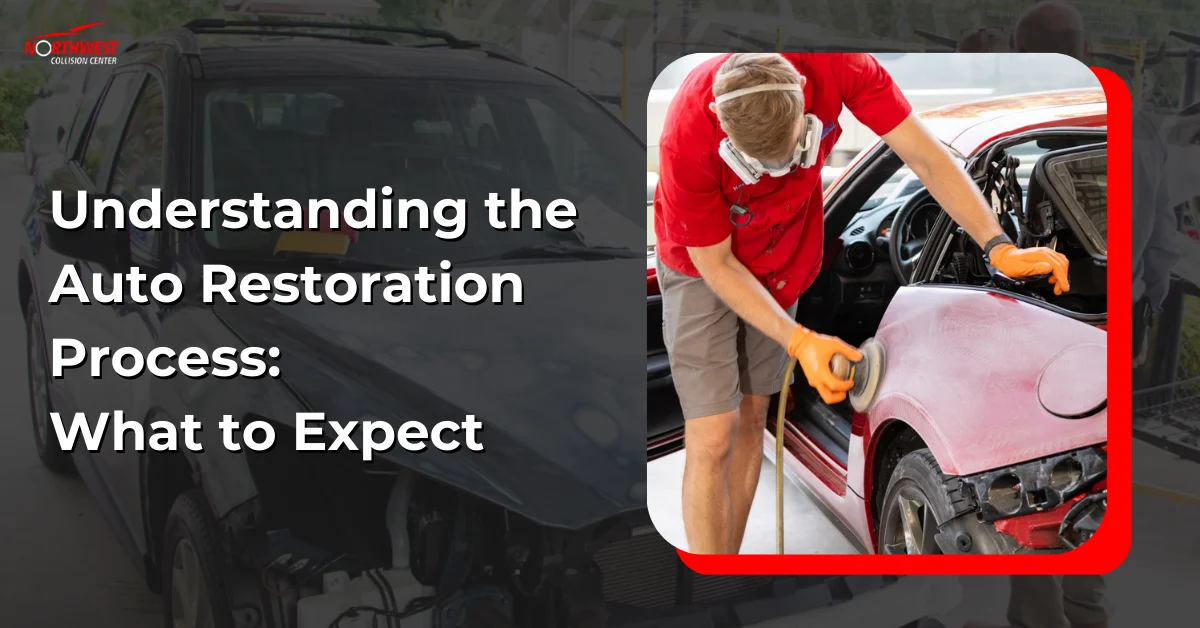In today’s modern era, most of our everyday devices are powered by batteries, the majority of which are lithium-ion batteries. But with phones, laptops, and even electric vehicles, you will likely experience battery degradation. It may be a minor issue for some of our devices, but when it comes to electric car batteries, this can be pretty expensive. More so, battery defects and capacity losses can be dangerous when driving.
With this issue at hand, a lot of research has been conducted to uncover all the ways customers can preserve the life of their electric car battery. There are actually a lot of tips you can follow to make your batteries last longer and improve your experience with electric vehicles.
In this article, you will learn how to extend the life of your batteries effectively and how long electric car batteries usually last.
1. Minimize Exposure to High Temperature
Being exposed to extreme heat can be very dangerous for your EV. Your electric car has an automated temperature control system installed, and it will likely drain your electric car battery when it is exposed to extremely high temperatures. The said temperature control system only works when the electric vehicle is in use. So if you are not using your EV, it is best to park it under a shade and plug it in so that the thermal management system will function using the grid power.
2. Minimize Exposure to Low Temperature
The dangers of exposing your electric vehicle to extremely high and extremely low temperatures can be avoided easily. Some electric vehicles run the thermal management system automatically, but if you don’t have this system, you can keep your EV plugged in to keep your battery safe from extreme temperatures.
3. Avoid Charging the Battery Up to 100%
Your electric car already has a battery management system to avoid it from reaching the extreme state of charge. EV battery charging best practices include being mindful when charging your vehicle and not letting it charge up to 100%. Keeping your battery from hitting 0 percent or 100 percent will improve the performance of your battery life and will reduce its risks of overheating. Always keep in mind that charging your EV to its maximum will never be good for the lifespan of your battery.
4. Avoid Spending the Battery Up to 0%
Spending the battery up to 0 percent is just as dangerous as charging it to its maximum limit. Electric vehicles are programmed to automatically shut down before reaching 0 percent battery to keep your car safe, but this can still happen when you leave the vehicle unplugged for a long time because it can self-discharge to 0 percent. Being consistent in taking care of your EV even if you are not using it is very important in keeping its battery preserved.
5. Avoid Using Fast-Charging
If you find your batteries nearing exhaustion, using fast-charging may be a great idea. However, this type of charging method will charge so much current to your electric car battery in a short amount of time. This may result in straining the battery and can even shorten its lifespan. To put it clearly, standard charging will give your EV about 10% more battery life compared to fast-charging.
6. Control the Battery State of Charge During Long Storage
If you plan on storing your electric vehicle for a long time with either an empty or full battery, it will surely degrade your battery. In order to avoid this from happening, you can invest in a timed charger and set it to keep your battery just above its lowest point, and not reach its maximum level. You can leave it at an average charge between 25 and 75 percent.
How Long Does an EV Battery Usually Last?
Reports have shown that battery life usually decreases by 10 percent after 5 or six years of use. But, that doesn’t necessarily mean that the range of your battery will be affected. With all of the innovations and improvements made with new electric vehicles, you can expect the best performance in the future. Most EV manufacturers also offer an 8-year warranty on the battery, which will really help you save money in the long run.
If your electric car battery needs repair or replacement, you can trust Northwest Collision Center to provide the best care to your EV. Our company is the best auto body repair shop in St. Petersburg, FL. We offer all kinds of repair, installation, replacement, and repainting to all types of vehicles. Our expertise will make sure that your EV and electric car battery will be in tiptop shape. Visit our website and contact us now!










